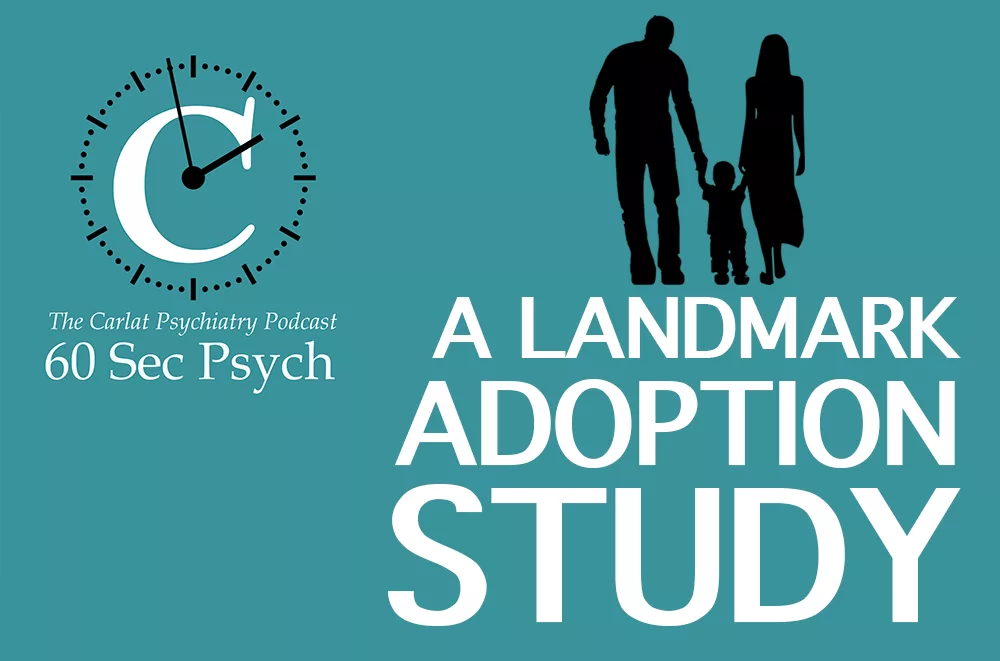Dr. Kenneth Kendler's latest compares biological siblings where one was adopted and the other raised by the birth parents. The study found that children adopted into a stable adoptive home had a reduced rate of depression by 23%. [Link]
Published On: 9/2/2020
Duration: 2 minutes, 4 seconds
Transcript:
Over the past 40 years Dr. Ken Kendler has reshaped how we think about genes and environment, one adoption study at a time. His latest compares biological siblings where one was adopted and the other raised by the birth parents. The study, which involved nearly 10,000 children, was conducted in Sweden – which matters because in Sweden families that want to adopt are carefully screened for their stability, mental health, educational attainment, and economic security. This is a stark contrast to the typical home life of birth parents who have to give their child up for adoption. These parents tend to be younger, poorer, and have higher rates of mental illness and divorce.
So – even though adoption is a stress of its own – we might expect the children reared in these more stable adoptive homes to have lower rates of depression. And they did – the stable home life had a protective effect, reducing the rate of depression by 23%. But what if despite the careful screening, those children were adopted into a home with a depressed parent or an unstable environment – specifically one that was disrupted by parental death or divorce during childhood or adolescence? A subset did, and the protective effect of the adoptive home disappeared in those cases.
What it means: Parents who worry that they’ll pass down their depression to their offspring can be reassured that they can reduce that risk significantly 1) treating their own depression and 2) providing a stable, loving environment. For more tips on parenting skills that lower the risk of depression see our March 2019 interview with Marie Yap.


_-The-Breakthrough-Antipsychotic-That-Could-Change-Everything.webp?t=1729528747)



